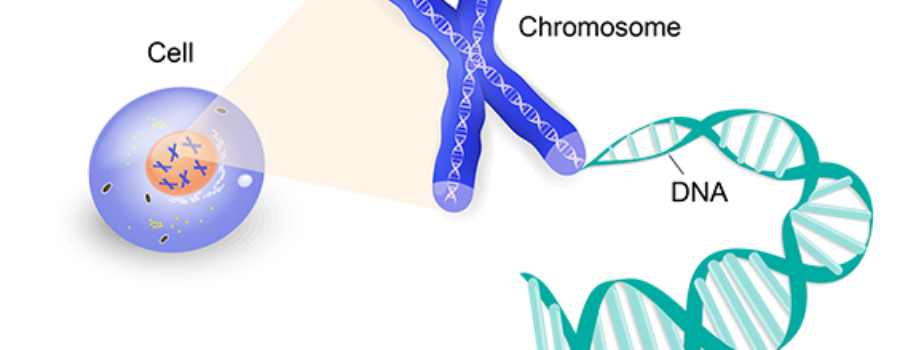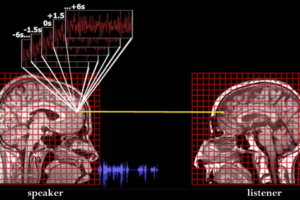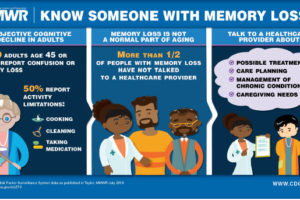Alzheimer’s disease is the 6th most common cause of death behind strokes and cerebrovascular disease. This disease is especially prevalent among the elderly. Alzheimer’s is a progressive disease, which means it is a disease that gets worse over time. Alzheimer’s is characterized by the rapid degradation of neurons in the brain, the loss of cognitive functions, and the reduction of memory via amyloid plaques and tau tangles. Alzheimer’s eventually leads to death, but the process is very devastating to the person with Alzheimer’s and their relatives who have to watch the person suffer.

Apolipoprotein E (APOE)
Alzheimer’s is associated with two major genes: The APOE-e4 and SOD-1 gene. If a person has the APOE-e4 gene at birth, they are at a high risk of developing Alzheimer’s later in life. If the person has one of the variants of APOE, APOE-e2 or APOE-e3, then they have a significantly lower risk of developing Alzheimer’s. The APOE-e4 gene is semi-dominant, which means it blends with other genes of its type to give a unique result. Therefore, if an individual has the APOE-e4 gene, and that gene expresses equal dominance with the recessive APOE-e2 or APOE-e3, then the individual does not have a high risk of developing Alzheimer’s. However, if the individual does not have the APOE-e2 or e3 gene, only the APOE-e4 gene will be expressed. This leads to a higher risk of Alzheimer’s. What this also means is that anyone, regardless of their race, ethnicity, or gender, can develop Alzheimer’s.

Protein SOD1
In conclusion, these two genes play a huge role on the effects of Alzheimer’s. Future medicines are being made to target amyloid plaques and tau tangles, which means there may be a cure for Alzheimer’s in sight.
Sources:
https://alz-journals.onlinelibrary.wiley.com/doi/10.1002/alz.12328
https://www.alz.org/alzheimers-dementia/what-is-alzheimers
https://www.nia.nih.gov/health/what-happens-brain-alzheimers-disease







Most Commented Posts